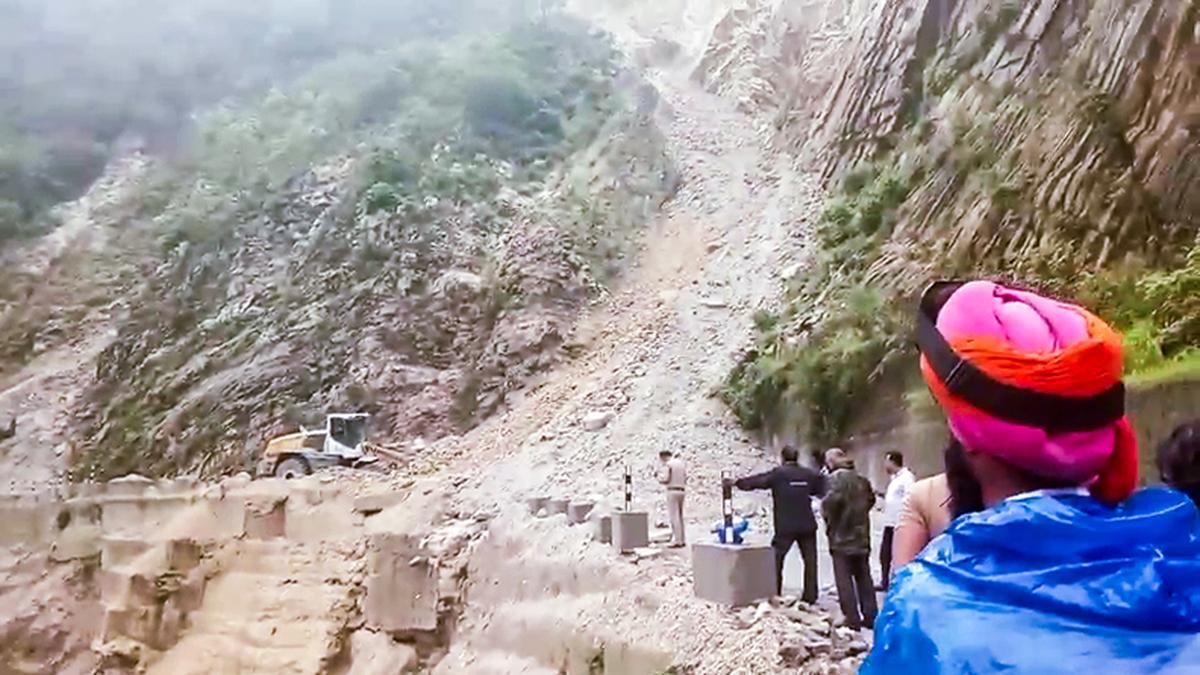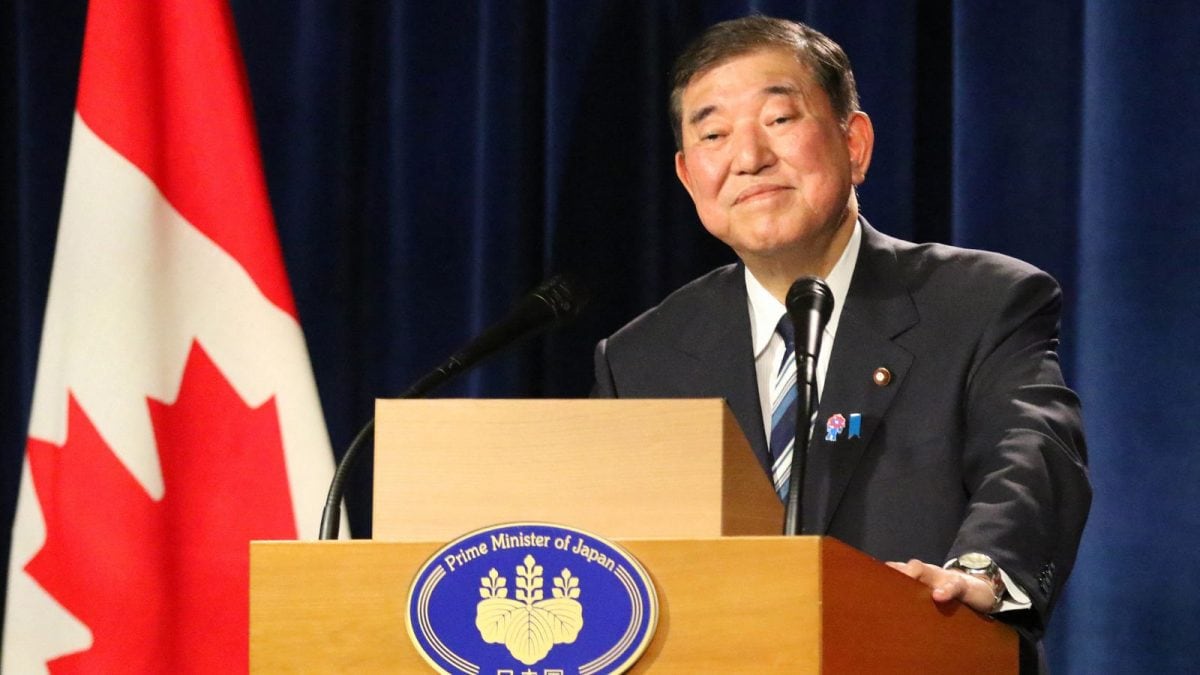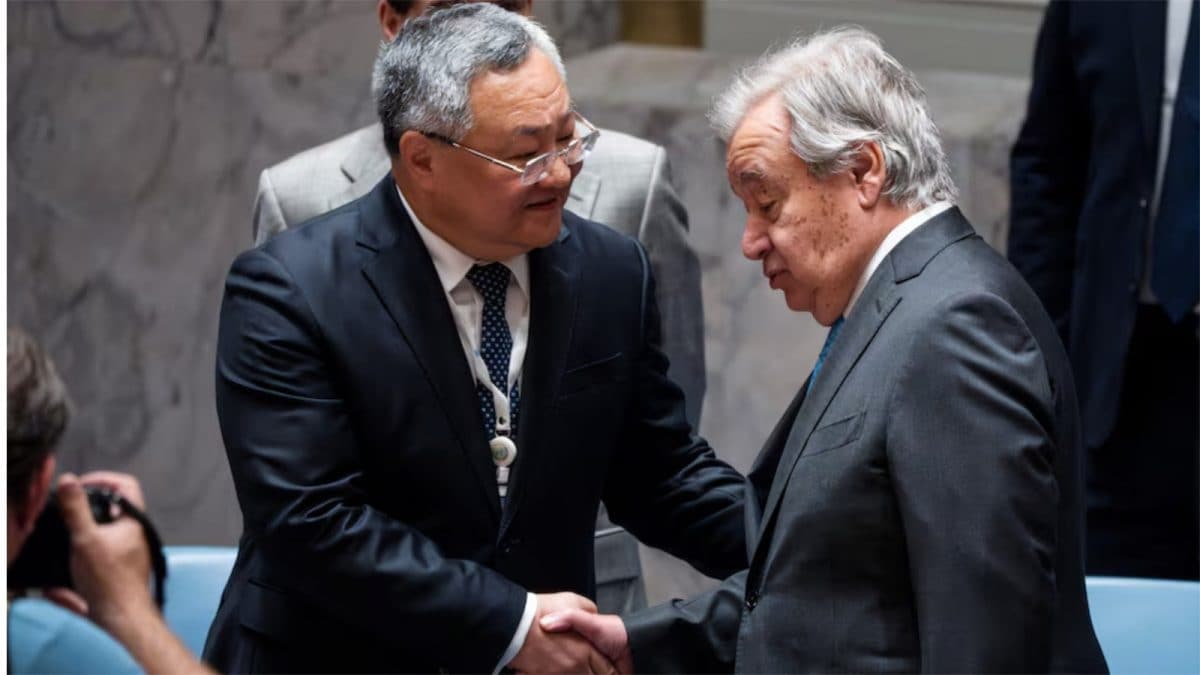ARTICLE AD BOX
Last Updated:July 02, 2025, 16:58 IST
The Ganges Water Sharing Treaty between India and Bangladesh is set to expire in 2026 after 30 years since its implementation and renewal would require mutual agreement.

India and Bangladesh signed the Ganges Water Sharing Treaty in 1996. (Reuters/File)
After the suspension of the Indus Waters Treaty with Pakistan, India is reportedly eyeing to modify and renegotiate the Ganges Water Sharing Treaty with Bangladesh, related to the distribution of Ganga waters, according to a report.
The Ganges Water Sharing Treaty is set to expire in 2026 after 30 years since its implementation. Although renewal would require mutual agreement, India is eyeing a fresh treaty that would address its present developmental requirement, sources told the Economic Times.
What Is The Ganges Water Sharing Treaty?
The treaty was implemented between India and Bangladesh on December 12, 1996, after Sheikh Hasina became the Prime Minister of Bangladesh for the first time. The agreement governs the sharing of the waters of the Ganges River at the Farakka Barrage, located in West Bengal near the Bangladesh border.
The main goal of the Ganges Water Sharing Treaty is to ensure fair and equitable distribution of the Ganges water. The dispute had arisen following the activation of the Farakka barrage, which channeled water from the Ganges to Hooghly river to ensure navigation at the Calcutta Port.
The agreement established the teams for sharing the water at Farakka, in which 35,000 cusecs of water is allocated alternatively to both nations for 10-day periods during the dry season from March 11 to May 11.
Why India Wants To Re-Negotiate?
As per the sources, India seeks an additional 30,000 to 35,000 cusecs during this period to address its growing needs such as irrigation, harbour maintenance and electricity production. The Centre’s position is supported by the West Bengal government, since the existing provisions are insufficient for their requirements.
Successive governments in West Bengal have argued that the central government had not adequately consulted the state before signing the 1996 treaty. Chief Minister Mamata Banerjee has expressed opposition to both the Ganges and Teesta water sharing agreements.
Notably, India suspended the Indus Waters Treaty with Pakistan after the April 22 Pahalgam terror attack, in which 26 tourists were gunned down.

Aveek Banerjee is a Senior Sub Editor at News18. Based in Noida with a Master's in Global Studies, Aveek has more than three years of experience in digital media and news curation, specialising in international...Read More
Aveek Banerjee is a Senior Sub Editor at News18. Based in Noida with a Master's in Global Studies, Aveek has more than three years of experience in digital media and news curation, specialising in international...
Read More
- Location :
- First Published:
News india After Indus Deal Suspension, India Looks To Change Ganga Water Treaty With Bangladesh. What Is It?



.png)
.png)
.png)
















 17 hours ago
3
17 hours ago
3









 English (US) ·
English (US) ·